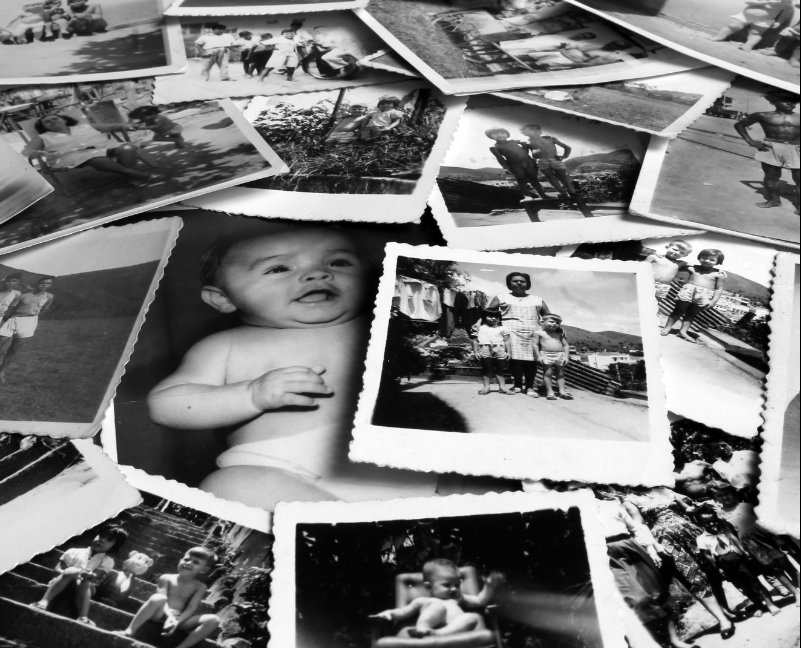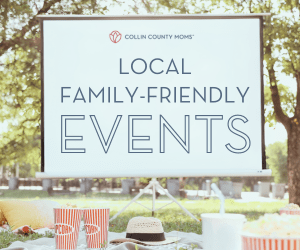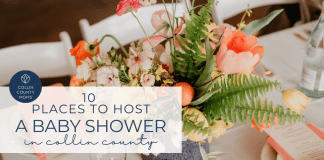
One Wish
I wish I could wash away the memory of what Alzheimer’s did to my dad. While he could not remember, I am unable to forget the many years of watching him fade away. Memories are the bridge that connects people, making relationships sweeter and stronger. When those memories are lost the emptiness is overwhelming.
I have been touched by this awful disease twice. Both times were heart wrenching. When my daddy passed away, the feeling was indescribable. I naively thought it would be easier to deal with his death. I felt like I had been saying goodbye for a while. The daddy I knew had disappeared little by little. His physical death was not easier. It seemed to carry all the weight plus some on its back. What struck me was I never really got to say goodbye.
I wish this awful disease did not exist. I wish that no one ever had to watch someone they love fade away. It’s surreal when a person is alive — you can see them and touch them. Y yet they are not there.
“Worldwide, at least 50 million people are believed to living with Alzheimer’s or other dementias.”
On Repeat
“Mommy, why does PawPaw keep asking me the same question?”
That is how it started. It had been a hard year for our family. My dad’s brother, my uncle, died suddenly. Then, my grandmother (my dad’s mother) died 2 months later. In the meantime, my grandfather had been showing signs of dementia for about 8 months, and it was getting worse.
Every 3 seconds someone in the world develops dementia.
My father was left to care for my grandpa. We had no idea that my father was also dealing with the beginning stages of Alzheimer’s. Sometimes you can’t see the beginning signs.
Because caring for a person with dementia can be extremely stressful, this had a negative impact on my father’s mental state and overall health. He was not healthy enough to be able to properly care for my grandpa. This also meant that my grandpa was not being properly cared for.
Looking back, I wish there were things I had known. I lived so far away that it was hard to know how to navigate the situation. I still sometimes struggle, wondering if I could have done more.
How Does It Feel
Alzheimer’s is a neurodegenerative disease that breaks down memory and cognitive abilities. That’s the scientific definition. But for most people who watch their loved one’s battle, the science is not what they recall.
Their recollections are fraught with emotion. Everything from anger to helplessness can be a part of the experience of watching in real-time. World Alzheimer’s Day (September 21) was started to help bring awareness to “the only leading cause of death that is still on the rise.”
Alzheimer’s is not going away. Like many people, I am praying and hoping something miraculous will happen to wipe out this disease. For now, I’m hoping more people will band together to support the cause in some way.
You Can
1. Contact the Alzheimer’s Association
I have a colleague who was affected by Alzheimer’s when her grandmother battled with the disease and now works for the Alzheimer’s Association. She says many who work with her do so because of their own personal stories related to a loved one.
The organization focuses mainly on research, early detection, quality care, and support. They are the 3rd largest funder of research. They also have resources available to include a 24/7 helpline. If you have questions or are in need of resources, they are there to help.
One thing they help with is crisis intervention. At one point, I tried to go to my dad’s doctor for some assistance. I knew something was wrong but didn’t know where to turn. I was told there was nothing they could do without my dad’s consent. He had refused to go for further testing after doing poorly on the preliminary exam. I was at a dead end. I felt powerless. The outcome was catastrophic. My dad was vulnerable and ended up losing everything because we were not able to do anything until it was too late.
Another really important part of the work at the Alzheimer’s Association is their focus on support in marginalized communities. They are working to try to close the gaps that exist to make sure everyone who needs care can receive care.
2. Walk to End Alzheimer’s
Whether you want to walk alone, join a team, or create a team, you can make an impact by walking. There are walks happening in October and November in and around Dallas. If you don’t want to walk, consider donating to an existing team. Just visit the Alzheimer’s walk website at the link above and follow the instructions. It’s easy to navigate.
3. Stomping Ground Comedy Theatre and Training Center
When I first stumbled across Stomping Ground, my interest was piqued by their Improv for Life program. The program was created by a licensed counselor, one of the co-founders of Stomping Ground. She was able to see the connection between what improv teaches and what she was teaching her therapy clients. Specifically, Improv for Caregivers was created to help alleviate some of the heaviness of caring for someone with Alzheimer’s. It’s an “ongoing support group that blends therapeutic techniques and improvisational comedy games to help caregivers cultivate ease, joy, and flexibility in their relationships and feel hopeful.”
Right now, Improv for Caregivers is FREE to North Texas Residents. If you know a caregiver, this is a great way to offer them support. You can spread the word about what Stomping Ground offers, and you can also donate to the theatre to support more programming like this. This is a unique program that can be of great benefit to someone in the midst of the journey.
Remember This
Alzheimer’s can look very different from one person to the next. Even though forgetfulness is most common, there are other symptoms. What’s amazing to me is how my dad was able to mask his struggle. But there were signs that I didn’t pick up on.
Some people experience mood swings. Often it can come from the frustration they feel at not being able to remember. Problems speaking can be a sign. One dear friend of mine completely lost her ability to speak. Speaking becomes difficult because they may be unable to recall vocabulary or keep up with a conversation.
Please, don’t be afraid to have difficult conversations as soon as you notice something isn’t right with a loved one. The worse that can happen is you were incorrect in what you observed. But the sooner you get care, the better off everyone is. Proper care for your loved one and self-care for you are key. It probably won’t be easy, but it can be eased by having resources and care.
When I remember my daddy, it’s hard not knowing if he really knew who I was at the end of his life. My memories of him as PawPaw are smeared as I think of him sitting and watching grandchildren he didn’t recognize. If you know someone who is struggling with or caring for someone with Alzheimer’s, September 21 is a great day to do something nice for them. Just a little reminder that they are not alone.













